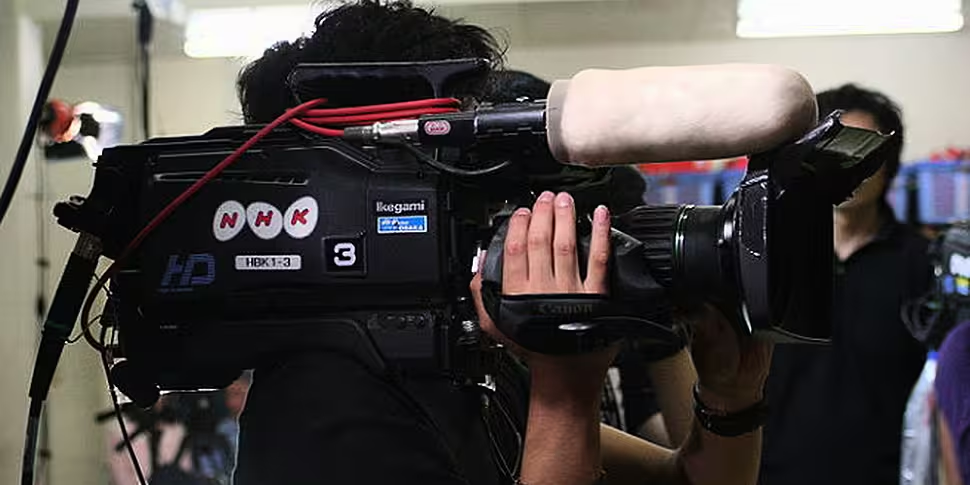Takahashi, who says he is a representative from a group aiming to protect the Japanese language, is seeking damages of 1.41 million yen (approximately €11,000) from the public broadcaster. He argues that the use of words derived from English is making television harder to understand for older viewers by ignoring alternative Japanese vocabulary.
Makoto Yamazaki from the National Institute for Japanese Language and Linguistics told The Guardian that “personally, I think the lawsuit is ridiculous, but it does at least draw attention to a problem... It's OK for people in the same company or group to use, say, specialised words, but when they are picked up by the media it becomes a problem.”
‘Borrowed’ words (or gairaigo) are an important part of the Japanese language, with Katakana - one of the language’s three main writing systems - primarily used for words deriving from foreign languages.
Japanese society was increasingly subject to English-language influence following World War II and the subsequent American occupation of the country. This has continued through new technologies and other forms of shared culture.
Examples of common Japanese words that have been adapted from English include terebi (television), esukarÄ“tÄ (escalator), anime (animation) and aisu kurÄ«mu (ice-cream). However, many well-known Japanese phrases have originated in languages other than English, including ramen (from Chinese) and tenpura (tempura, from Portuguese).









